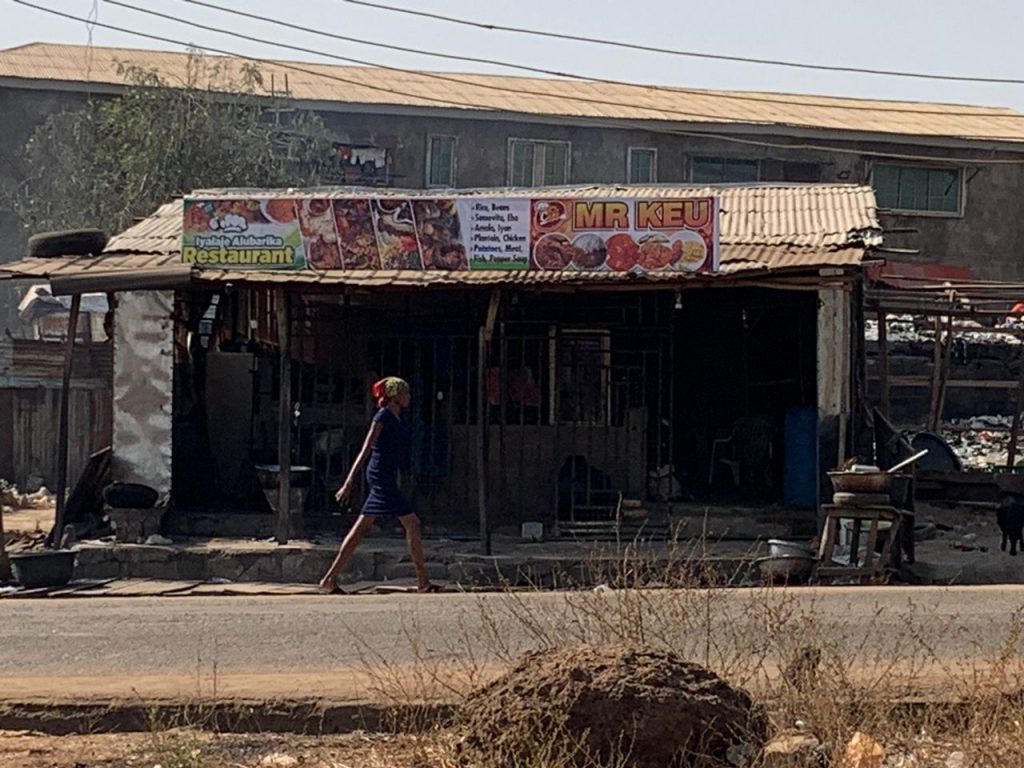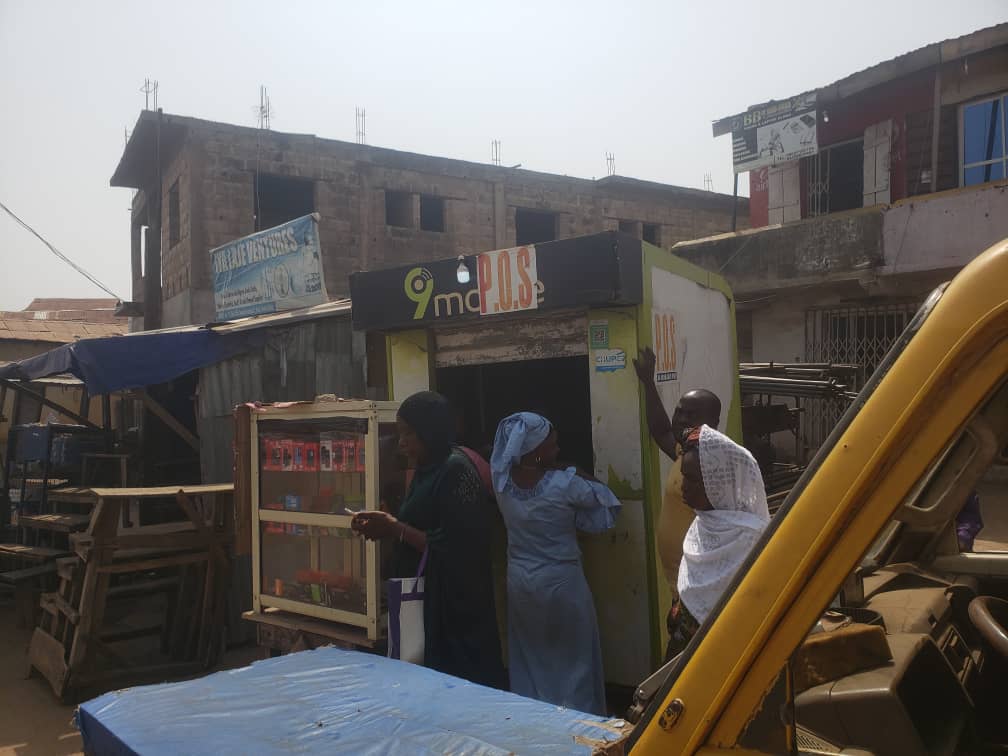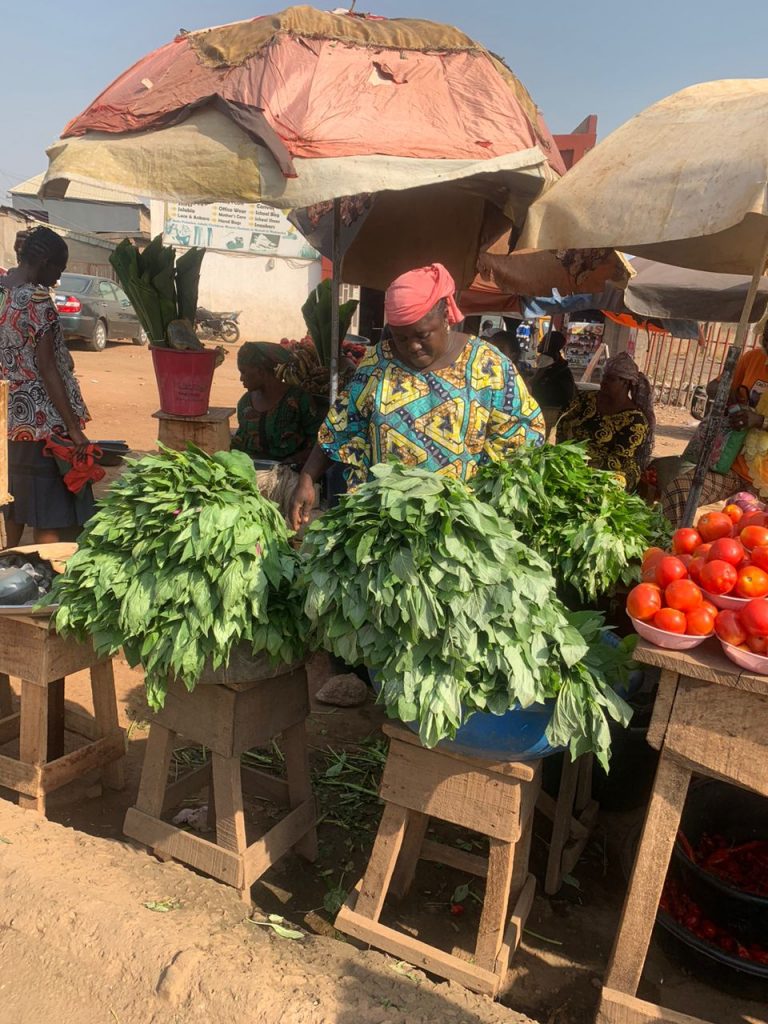By Dare Akogun
Following the initial directive from the CBN to stop issuing the old N1000, N500 and N200 notes as withdrawals across the counter many businesses are grounded to a halt as they complain of scarcity of cash for their business transactions.
Since new redesigned notes of N1000, N500 and N200 came into circulation on December 15, 2022. there have been distortions in the economy, with businesses facing scarcity of cash from both deposit money banks and Point-of-Sales merchants.
The gaps in the policy since its initiation has led to the scarcity of both the old and new currency, which has led to more than 100 per cent hike in the transaction cost for withdrawal through PoS.
The Central Bank of Nigeria (CBN) had announced on October 15, 2022 that it would be redesigning the three notes with a view to mopping up unregulated money outside the banking vault, which the CBN estimated to be 80 per cent.
The CBN initially fixed January 31, 2023 as the deadline for accepting the old three designs being rested. But as that deadline dawned last week and the new notes still as scarce as hen’s teeth, there rose appeals from different bodies to the CBN Governor, Godwin Emefiele, to extend the deadline.
Emefiele had initially waxed unshaken, insisting the deadline remained inviolable. But federal legislators waded in on the agitations, with many of them narrating the woes of their constituents in obtaining the notes.
A threat from the Speaker of the House of Representatives, Femi Gbajabiamila, to arrest Emefiele over the issue might have contributed to making the apex bank chief budge, for on January 29, he announced the shift of the deadline to February 10.
But there has been no succour for the citizens. If anything, the scarcity of the notes has worsened.
Businesses share concerns
A restaurant operator in Gaa Akanbi area of Ilorin Mrs Chioma Emenike told SOBI FM that she had reduced the quantity of the food she cooks, as customers complain of difficulty in accessing cash.
“Things are not normal, my daily restaurant sales have reduced by half, since the issue of this scarcity, many of my customers send transfer when they come to eat, however, I find it difficult to get the money from commercial banks and PoS. The banks complain they don’t have the new notes, the PoS charge high transaction cost, while complaining of scarcity,” she lamented.

Another restaurant owner, Tawakalitu Olowookere located at Maraba motor park in Ilorin, told our correspondent that she had to also readjust the quantity of food she cooks daily following the uncertainty that characterised the new naira change.
“I only accept cash from my customers anyone that want to make a transfer I always explained to them to add small amount because of the difficulties faced in getting cash for business. We pay higher costs to get our money from PoS operators” she laments.
Some PoS operators told SOBI FM that the hike in the transaction cost is a result of the scarcity of cash from commercial banks. They complained that they had to rely on super agents, many of whom had raised the transaction costs for them.
They charge between 300 naira per 3000 naira and one thousand per ten thousand naira.
“I get money for my business from a super-agent because it’s difficult to get from the banks. For a N1, 000, 000 worth of the newly redesigned cash, I pay N100, 000, Segun Aransiola s POS operator at Post Office area told our reporter .
“I and other POS agents charge higher costs because we don’t have it easy getting cash from the super agents. The probability of getting cash now from deposit money banks and super agents,” he explained.
However, Mallam Bako Sheish, a POS operator in Omoda area of Ilorin, amidst the now common practices among his peers refuses to increase the charge on withdrawal.
“I charge 100 naira for amount between 3000 naira and 10, 000 naira, because making money from the sufferings of the people is against my religion,” he said.

On the concerns of the poor circulation of the redesigned currency, the apex bank governor, Godwin Emefiele, has assured Nigerians that banks will continue to accept the N1000, N500 and N200 notes being rested after the February 10 deadline.
Emefiele gave the assurance on February 1 2023, when he appeared before the House of Representatives ad hoc committee on the currency redesign and naira swap policy.
The CBN governor had announced a 10-day extension to the deadline, with the old notes acceptable as legal tender till February 10.
Despite the extension, there has been outcry in several quarters about the gaps in the policy and how it has created problems for businesses.
For Iya Sewa, a vegetable and other perishable items seller in Gaa Akanbi market, she told our correspondent that she makes an average of N15,000 sales daily. However, she complained that her sales dropped by over 50 per cent since the currency redesign deadline extension.

“I deal on cash and pay to my suppliers once I close for the day. I noticed a sharp drop in my sales since the deadline extension of this policy. It has distorted our market and sales. The little cash I have, I cannot deposit because I might struggle to get it back,” Iya Sewa said.
A dealer on women’s wears at Post Office under bridge, Chijioke Chukwu, told SOBI FM that the trend at the market has been, “Madam you get cash?”, “Oga you get cash?”

“This thing is so disturbing, I hope the government will find a lasting solution to this thing before it turns into another thing,” he prayed.

